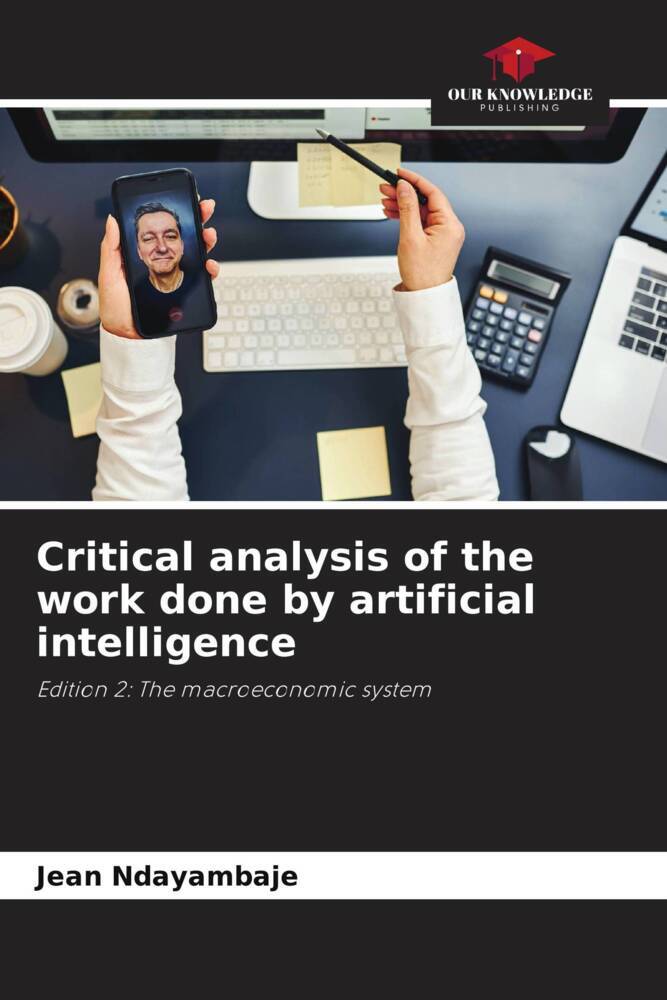
Zustellung: Sa, 05.07. - Mi, 09.07.
Versand in 5 Tagen
VersandkostenfreiBestellen & in Filiale abholen:
At a time when even getting to and from work is becoming increasingly expensive for human beings, the ease with which artificial intelligence and robots enable companies to move capital around free of charge is pitting states and companies against each other, with banks in particular taking advantage of the situation to avoid paying taxes. This is a new form of tax evasion, creating unfair competition between human and artificial intelligence resources. In seeking to introduce the prevention of this evasion, the current edition of my research analyzes, questions and identifies the macroeconomics of the sources of income generated by the short-circuiting of the profit generated by the work carried out by artificial intelligence and robots.
Produktdetails
Erscheinungsdatum
17. Juni 2025
Sprache
englisch
Seitenanzahl
200
Autor/Autorin
Jean Ndayambaje
Verlag/Hersteller
Produktart
kartoniert
Gewicht
316 g
Größe (L/B/H)
220/150/12 mm
Sonstiges
Großformatiges Paperback. Klappenbroschur
ISBN
9786208968878
Bewertungen
0 Bewertungen
Es wurden noch keine Bewertungen abgegeben. Schreiben Sie die erste Bewertung zu "Critical analysis of the work done by artificial intelligence" und helfen Sie damit anderen bei der Kaufentscheidung.









